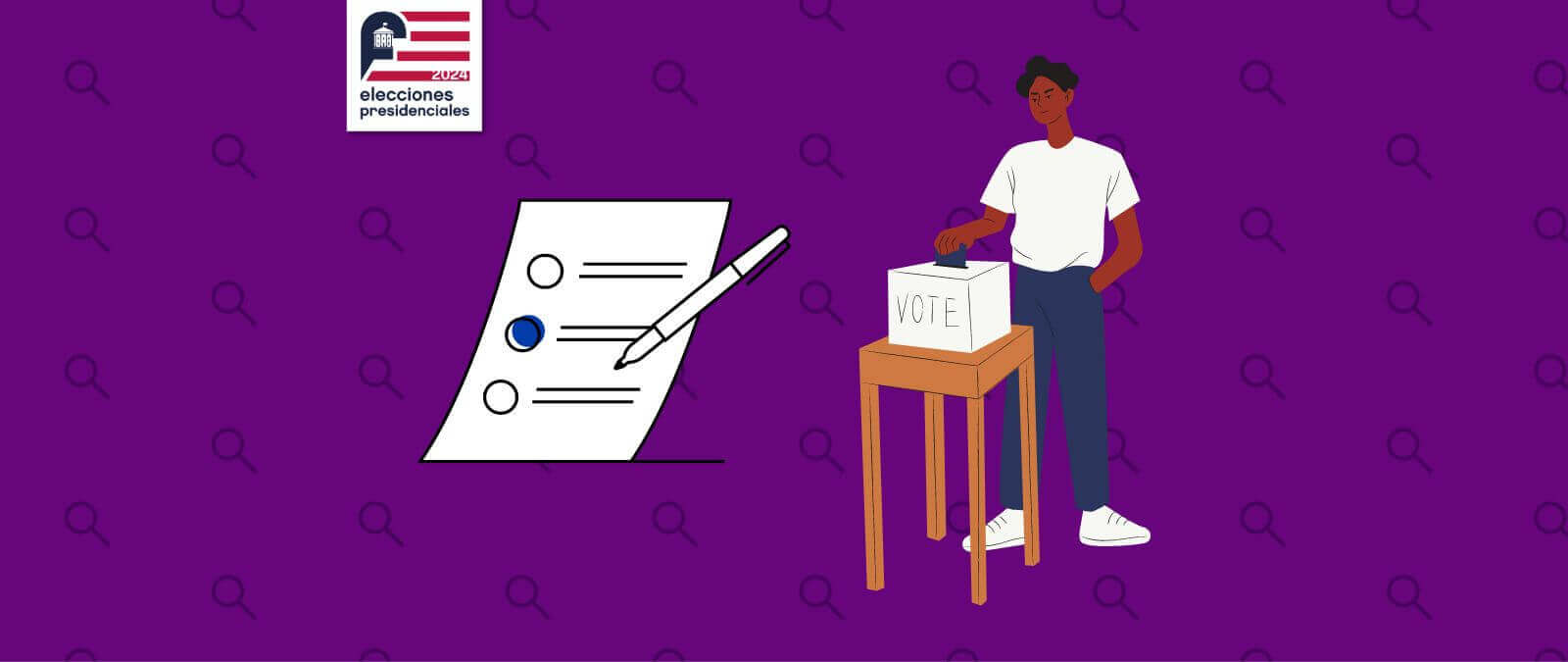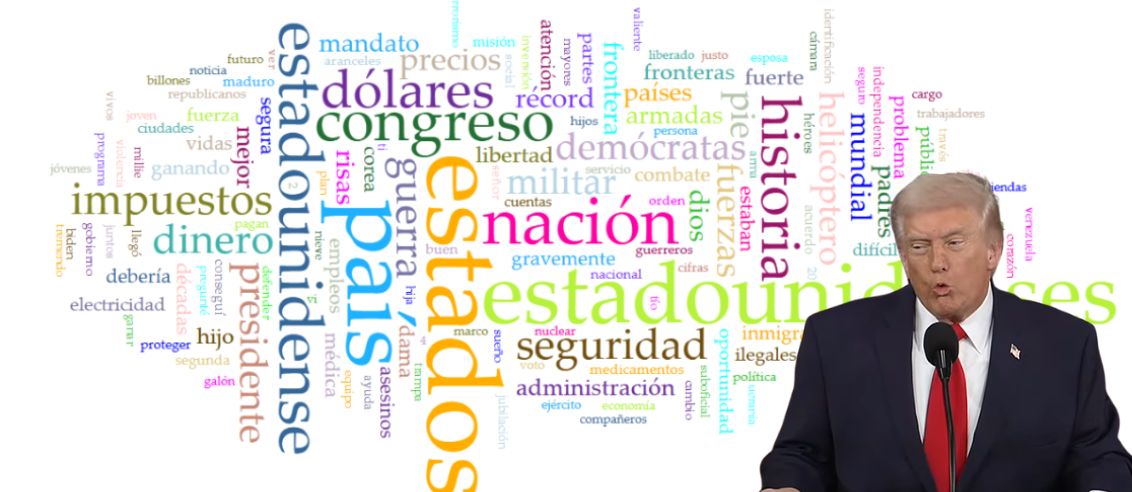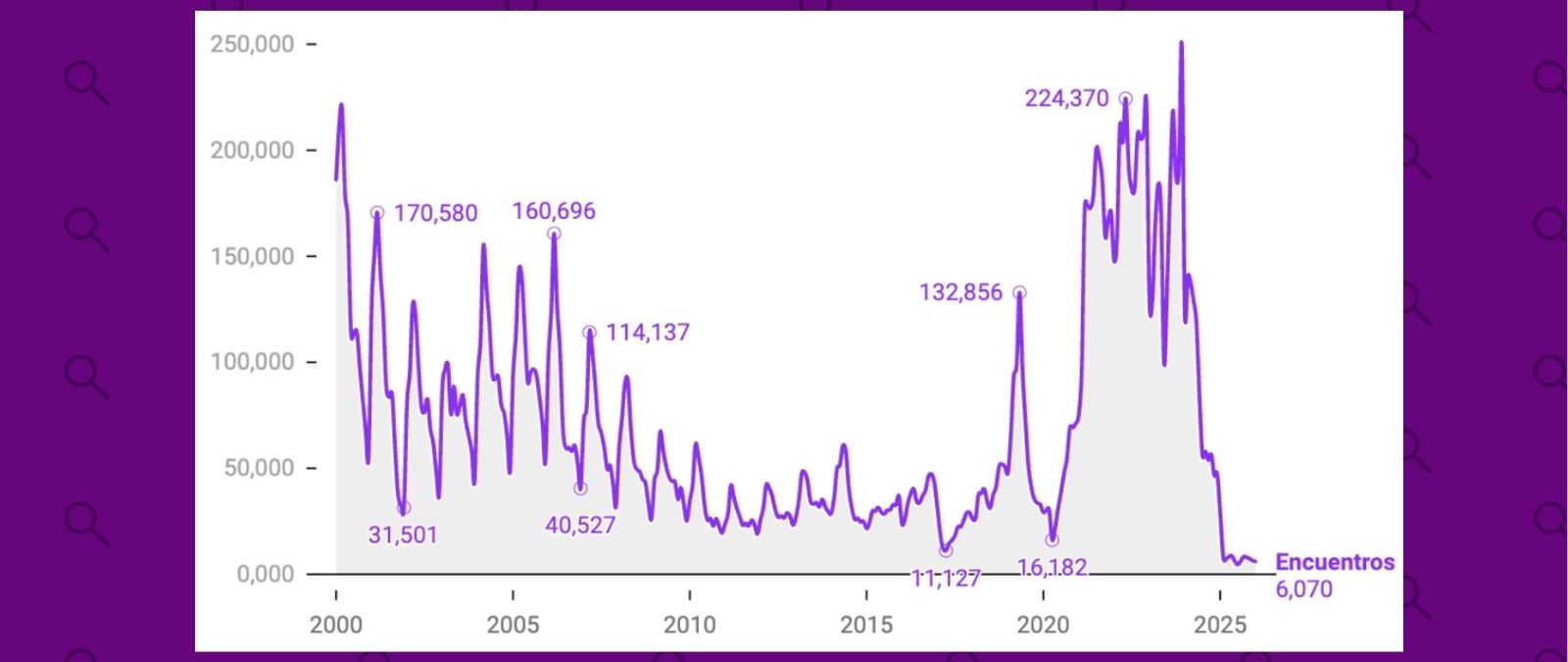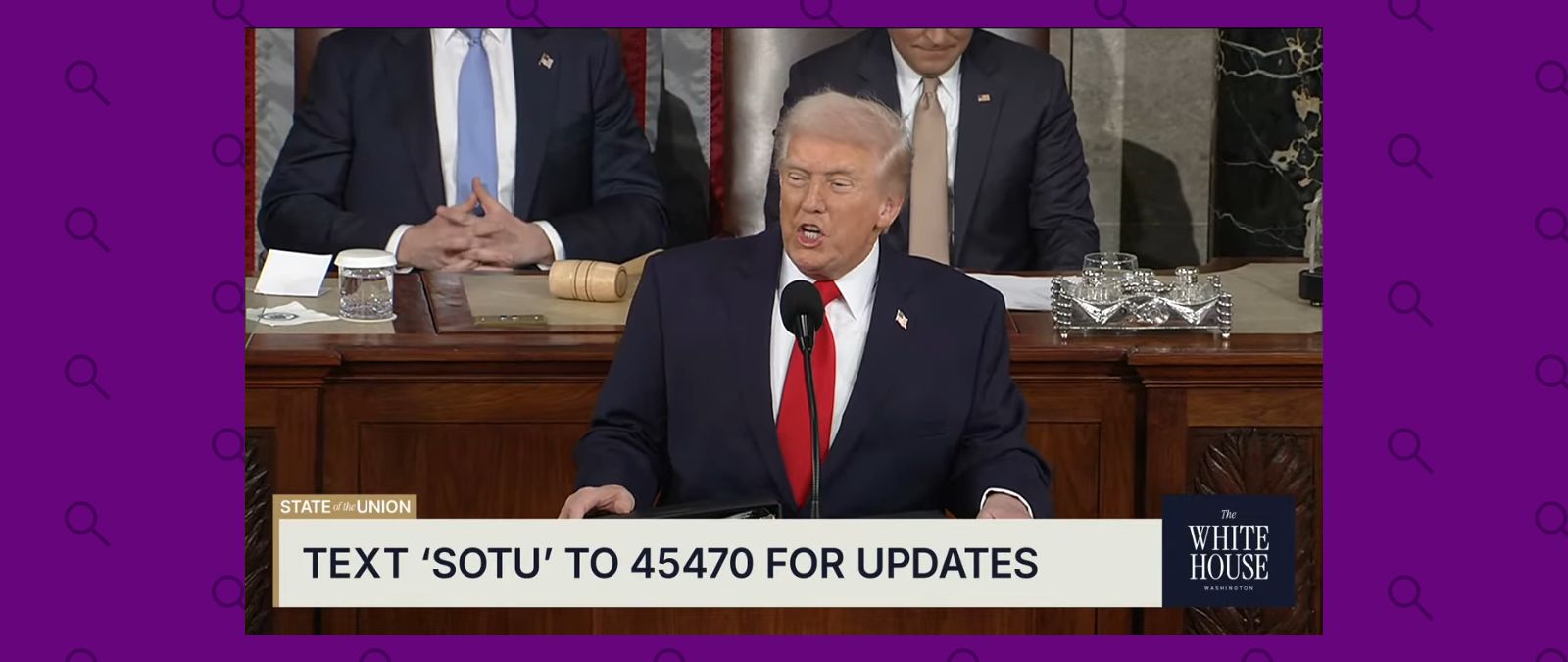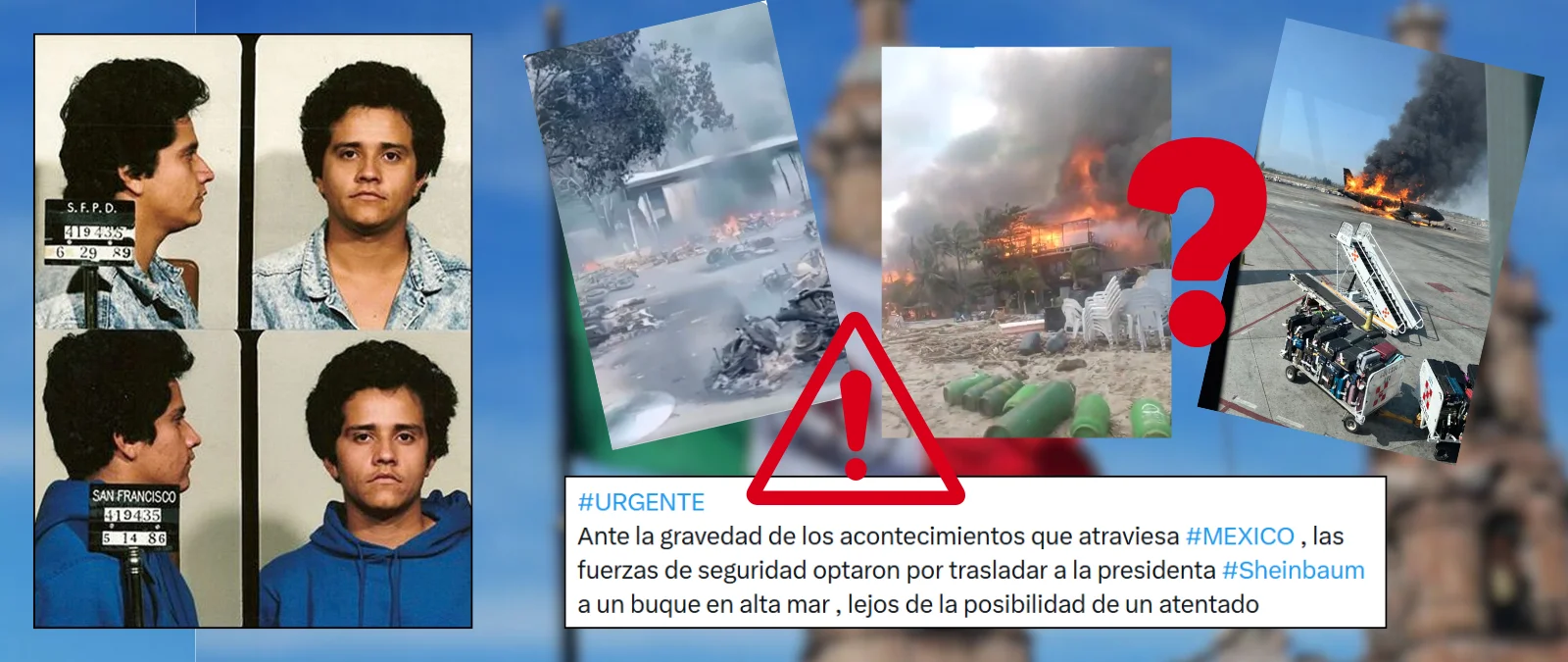36.2 million Latinos are eligible to vote in the November 5th 2024 elections, in which, among other things, the next President of the United States will be elected. Regardless of the state in which you live, if you are 18 years or older and have a Green Card, you have certain rights backed by the Voting Rights Act (VRA) that no one can refuse to abide by.
Even though each state defines its own electoral laws, the VRA forbids all “practices or norms that result in citizens of certain race or minority linguistic groups having less chances of voting than other people,” according to the Department of Justice. For example, each county in which eligible Latino voters are more than 10,000 or where they represent 5% of the total population must have electoral documentation in Spanish available, including the ballots. Here is a full list of these territories.
Additionally, if you have difficulties understanding English, you can ask a person (a relative or a friend) to go with you to register as a voter or to the voting center on Election Day. The only requirement is for that person not to be your employer or a representative of them, and not to be a representative of your union.
The Uniformed And Overseas Citizens Absentee Voting Act (UOCAVA) also acknowledges your right to vote even if you live outside the U.S., and the Americans with Disabilities Act (ADA) guarantees you can vote even if you are disabled: for example, it states voting centers must be accessible for people in wheelchairs, or that a blind person can enter these buildings with their guide dog.
Your rights on Election Day
According to the American Civil Liberties Union (ACLU), if there’s a line for voting and you are on it by the closing time of the center, electoral employees are not allowed to deny you access: everyone who is waiting in line by closing time has a right to vote. Additionally, voters have the right to ask for a new ballot if they made a mistake filling one in, and to use a paper ballot if the machines are not working in their voting center.
If, when you get to the voting center, you find that your name is not registered, in almost all states you can use a “provisional ballot” that will only be counted if it can be confirmed that you are in fact eligible to vote. if you have any questions regarding the procedure on Election Day or before, you can contact the Bilingual National Help Line from the National Association of Latino Elected and Appointed Officials (NALEO) by dialing 1-888-VE-Y-VOTA (1-888-839-8682), where you’ll be assisted in Spanish.
The law also protects you from any sort of intimidation - if you’re being pressured to vote for a particular candidate or not to vote at all. According to the ACLU, these are some examples of intimidation you can report to the authorities as a violation of your rights as a voter:
If you are aggressively interrogated about your Green Card, criminal record or other requirements to vote.
If someone pretends to be an electoral employee.
If someone uses false or misleading banners about electoral fraud and related criminal sanctions.
If someone harasses people who don’t speak English or voters of color.
If someone gives you false information about requirements to vote.
If someone tells you you must speak English in order to vote (which is false).
If someone tells you you must pass a test in order to vote (which is false).
You can report an attempt of intimidation to the Civil Rights Division of the Department of Justice calling the number (800) 253-3931 or to the Federal Bureau of Investigation (FBI) online. Moreover, if you want to learn how to register to vote, you can visit the Spanish website at Vote.gov.
Factchequeado is a verification media outlet built by a Spanish-speaking community to tackle disinformation in the United States. Do you want to be part of it? Join us and verify the content you receive by sending it to our WhatsApp +16468736087 or to factchequeado.com/whatsapp.


